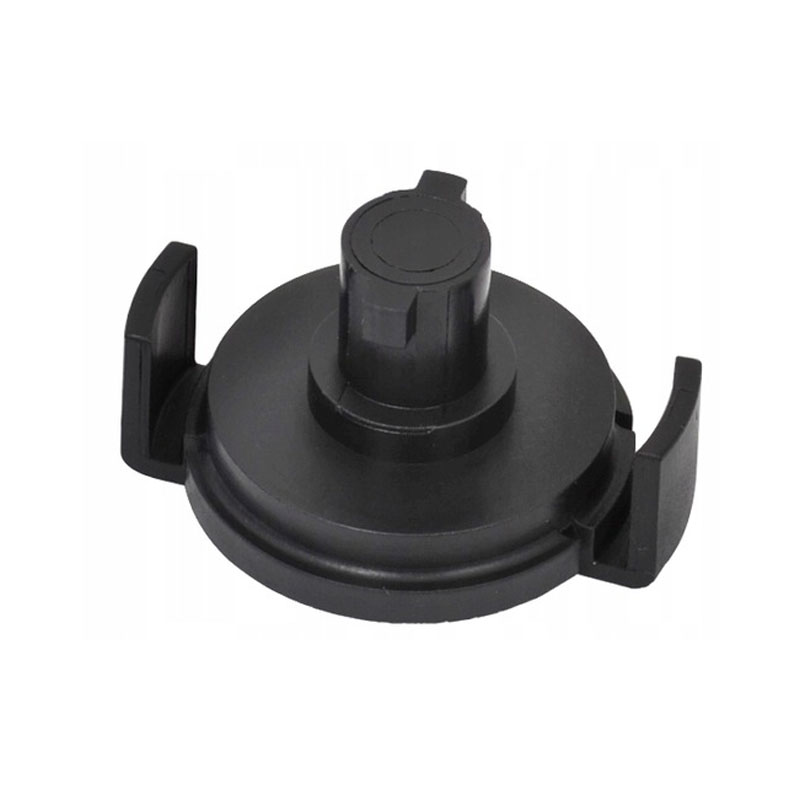Understanding Small Boat Trailer Bearings and Their Maintenance Tips for Longevity
Understanding Small Boat Trailer Bearings Importance and Maintenance
When it comes to transporting your small boat, the trailer is just as essential as the boat itself. Central to the functionality of any trailer are its bearings. These small yet vital components play an important role in ensuring a smooth and safe journey for your boat. In this article, we’ll explore the significance of small boat trailer bearings, the types available, and maintenance tips to keep them in top shape.
What Are Bearings?
Bearings are mechanical components that reduce friction between moving parts, allowing them to rotate smoothly. In the context of a small boat trailer, bearings are typically found in the wheel hubs. They support the weight of the trailer and boat, enable the wheels to spin freely, and absorb the stresses associated with travel.
The Importance of Bearings
The proper functioning of trailer bearings is crucial for several reasons
1. Safety Faulty bearings can lead to wheel failure, which poses a significant danger on the road. A wheel that seizes up can cause a loss of control, potentially leading to accidents.
2. Efficiency Well-maintained bearings allow the trailer wheels to roll more efficiently, impacting fuel consumption while towing. Reduced friction means less strain on your vehicle and better fuel economy.
3. Longevity Regular maintenance of bearings can extend their lifespan. This not only saves money on replacements but also prevents associated costs from potential trailer damage or boat repairs.
Types of Bearings
There are two primary types of bearings used in small boat trailers standard (non-sealed) bearings and sealed bearings.
small boat trailer bearings

- Standard Bearings These are more traditional and consist of a series of ball bearings within a race that allows for rotation. They require regular greasing and maintenance to function properly and prevent wear and tear.
- Sealed Bearings These bearings are encased in a protective housing that prevents dirt, water, and debris from entering. This design generally requires less maintenance, making them a popular choice for many boat owners.
Maintenance Practices
To ensure the longevity and functionality of your trailer bearings, regular maintenance is essential. Here are some key practices to adopt
1. Visual Inspections Before every trip, do a quick visual check on the bearings and the hubs. Look for any signs of grease leakage, corrosion, or unusual wear on the tires.
2. Greasing the Bearings For standard bearings, apply bearing grease at least once a season, or more frequently if you use your trailer in harsh conditions. Make sure to pack the bearings properly and reassemble them securely.
3. Cleaning If you notice that the bearings have gathered dirt or debris, it’s important to clean them thoroughly. Remove any old grease and check for damage before reapplying new grease.
4. Checking for Play Lift the trailer wheel and wiggle it. There should be minimal play; excessive movement may indicate worn-out bearings that need replacement.
5. Water Exposure If your trailer has been in saltwater, ensure you rinse the bearings and hubs with fresh water to prevent corrosion. Salt can be particularly damaging over time.
Conclusion
Small boat trailer bearings may be small components, but their importance cannot be overstated. Proper maintenance and care can ensure that your trailer operates smoothly and safely, making your boating adventures both enjoyable and worry-free. By following the recommended maintenance tips and being proactive about inspections, you minimize the risk of bearing failure, ultimately prolonging the life of your trailer and providing peace of mind on the road. Remember, investing a little time in your trailer’s maintenance can pay off greatly in terms of safety, efficiency, and cost savings.
-
Understanding the Front Main Engine Seal: Purpose, Maintenance, and Installation
News Jul.29,2025
-
Understanding O-Rings and Seal Rings: Types, Applications, and Custom Solutions
News Jul.29,2025
-
Understanding Crankshaft Oil Seals: Rear Seals, Pulley Seals, and Their Role in Engine Integrity
News Jul.29,2025
-
The Importance of Front and Rear Crankshaft Seals in Engine Performance and Oil Management
News Jul.29,2025
-
Crank Oil Seals: Functions, Types, and Cost Considerations in Engine Maintenance
News Jul.29,2025
-
A Comprehensive Guide to O-Rings and Seals: Types, Materials, and Global Applications
News Jul.29,2025
-
Mastering Diesel and Performance Engine Maintenance: A Guide to Critical Oil Gaskets
News Jul.28,2025
Products categories















